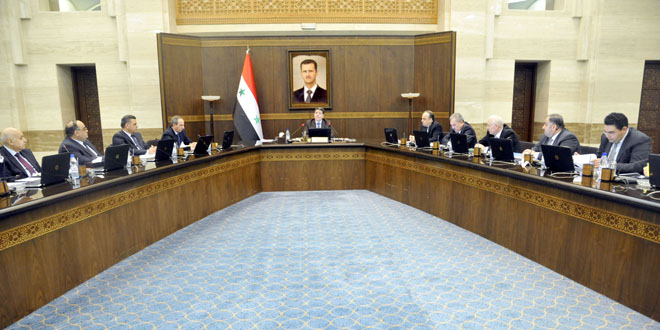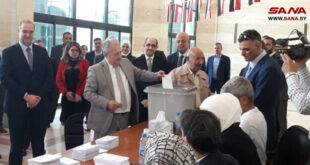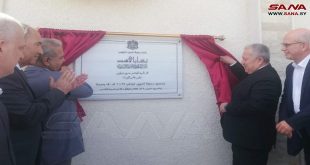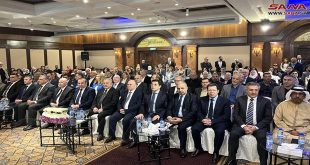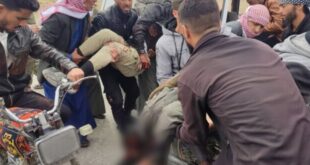Damascus, SANA – The preliminary state general budget for 2016 amounts to SYP 1,980 billion, Prime Minister Wael al-Halaqi announced on Wednesday.
Chairing a meeting of the Higher Council for Economic and Social Planning, al-Halaqi said that issuing the 2016 state general budget on schedule despite the circumstances in the country sends a political, economic, and social message for everyone in Syria and outside it, showing that the Syrian state is moving forward.
The Premier said that th2 2016 budget exceeds the 2015 budget by around SYP 100 billion, and it focuses on expansion and development via long-term and mid-term projects and projects with high and fast revenues and production rates.
He also stressed that the 2016 budget seeks to bolster and support the Army and Armed Forces and provide the needs of the Syrian people, adding that the government will continue to embrace social support policies and rationalized subsidies, noting that subsidies for 2016 are set at 1,053 billion, compared to 984 in 2015.
Al-Halaqi said the budget takes into account the requirements of the balances and comprehensive development process, asserting the need to control spending, limit the waste of resources, and finish work on high-feasibility economic projects.
The basis and directives of the 2016 state general budget were discussed during the meeting, and the budgets of a number of ministries were discussed, with ministers explaining the visions on which the budgets were based.
The ministries’ budgets focused pm finishing up productive and services projects, particularly those related to the electric power sector, networking, customs, banking, supporting positive intervention establishments, improving the procurement and subsequent marketing of crops, and supporting administrative development project.
The budgets also focused on strengthening the communications and technology sector, improving transport fleets of all kinds (marine, land, and aerial), developing harbors and airports, expanding food industries, improving drinking water and irrigation projects, developing the education sector, providing petroleum products, and rehabilitating oil fields and stations affected by terrorism.
Hazem Sabbagh
 Syrian Arab News Agency S A N A
Syrian Arab News Agency S A N A
